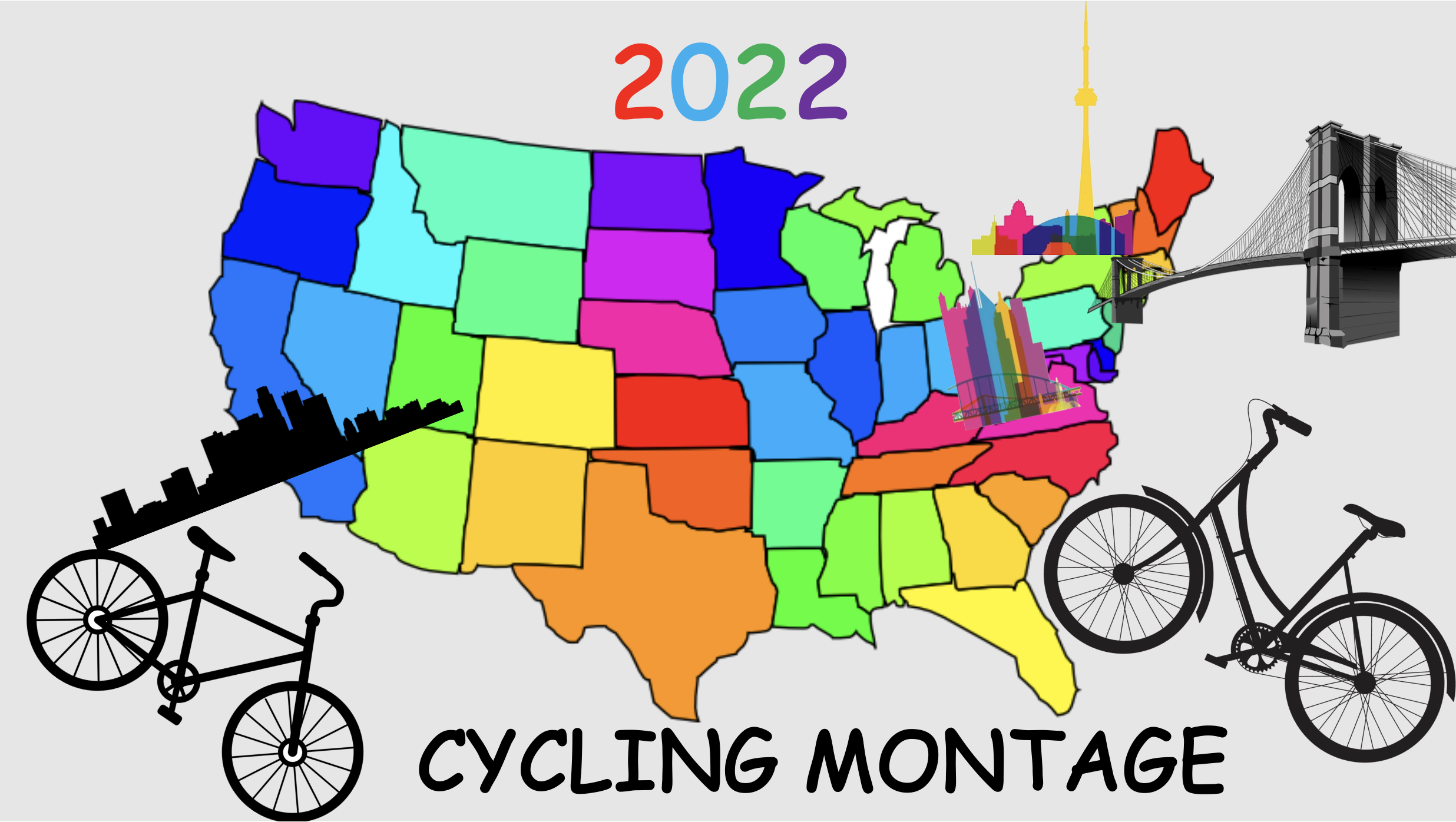Amidst all the Cyberpunk 2077 discourse over the past month-and-a-half, I was struck by the opinion expressed by gamepressure’s Michael Chwistek that the game perhaps offers more potential as an interactive movie than as an open-world RPG. The article begins thusly:
“I don't like games that complete themselves. Take Telltale games, for example. I only managed to finish the first season of Walking Dead, and my adventure with Life is Strange ended on the first episode. Now, these are fine stories, of course, and I really like a well-crafted story, but I expect more from games. For story itself, I prefer to read a book or watch a movie, instead of mindlessly pressing keys to see just another portion of dialogue.”
These sentiments stood out to me for two reasons. In the first place, the comments resonated with recent thoughts I’ve been working through in regards to so-called “walking simulators,” games that emphasize environmental exploration and narrative with interactive gameplay elements often limited to mere movement. During the coronavirus quarantine I have both played several noted entries in this sub-genre, and watched several others as walkthrough videos on YouTube. I’ve been fascinated by the ways in which many of these games engage with psychogeographic ideas and explore possibilities of a topological (rather than chronological) narrative presentation. It’s a topic I’ve been considering writing about, so more on walking simulators later.
My other thoughts on these comments have to do with interpassivity. The theory of interpassivity was first articulated by Austrian philosopher Robert Pfaller to describe trends in interactive artwork. Pfaller’s original formulation was directed as a response to discourses on interactivity predominating in art theory during the 1990s, but the concept has since been taken up to theorize modes of quasi-interactivity or mediated engagement, such as practices of online online “slacktivism.” Chwistek’s formulation of “games that complete themselves” accords perfectly with Pfaller’s initial framing of interpassive objects as “the work of art that observes itself.”
Interpassivity was also evoked by another recent ripple in online discourse. A Star Wars-centric YouTuber released a reaction video showing themselves crying while watching an episode of The Mandalorian. It later transpired that Lucasfilm employee Pablo Hidalgo had responded to an online discussion of the reaction video by tweeting: “emotions are not for sharing.” Hidalgo later apologized and attempted to clarify the intent behind his comments:
“I wish to clarify that my post that ’emotions are not to be shared’ was sarcastic self-mockery and was certainly not intended to be hurtful to anyone and I’m deeply sorry that it was. As a lifelong fan, I appreciate fans expressing how they feel – it’s what being a fan is about!”
The controversy over Hidalgo’s comments may seem like a temporary tempest in a teapot, just another ripple in the continual current of click bait content and rage tweeting. But I think it also highlights salient aspects of contemporary media culture and some of the attendant ideological assumptions. Particularly in relation to interpassivity and the mediation of emotions.
In most applications interpassivity refers to phenomena in which activity or behavior is delegated or “outsourced” to another agent. In a recent book Pfaller (2017) repositioned interpassivity as the delegation of enjoyment. Rather than having other people or machines work on your behalf, “interpassive behaviour entails letting others consume in your place” (p. 1). Through interpassivity, Pfaller argues, “people delegate precisely those things that they enjoy doing” (p. 2).
The myriad genres of video content that have proliferated on YouTube in recent years offer clear potential for an interpassive analysis. Reaction videos, unboxing videos, and “let’s play” videogame livestreams all represent emergent manifestations of the attention economy. But these examples also evince a commodification of reception and response, a shift in media consumption where consumption itself is what is being consumed. These video genres can be seen as interpassive media because they enable the view to enjoy through the other, to vicariously unpackage the commodity or play the videogame through the mediation of the video creator.
The phenomena of interpassivity has also been tied to belief. For Pfaller, interpassivity is marked by a double delegation, involving a transfer not only of pleasure but also of belief to a representative agent. This delegation of belief has been central to Slavoj Žižek’s use of the term. Žižek employs the theory of interpassivity to argue that cynical distance and doubt buttress rather than undermine ideological function by positing the existence of an “other supposed to believe” and “illusions without owners.” Žižek cites examples of interpassive operation from electronic media. The “canned laughter” on the soundtrack of a TV sitcom “performs” laughter on behalf of the viewer “so that it is the object itself that ‘enjoys the show’ instead of me, relieving me of the superego duty to enjoy myself” (1998, p. 5). Video recording of TV programs allows one to continue working in the evening “while the VCR passively enjoys for me” (p. 7). Advertising messages perform the enjoyment of commodities on behalf of the consumer (“Coke cans bearing the inscription ‘Ooh! Ooh! What taste!’” , p. 5).
Žižek has also frequently used the example of the Tibetan prayer wheel as a key analogy in his theory of how ideology is perpetuated through disavowed belief. The prayer wheel allows the user to delegate religious belief, as spinning the wheel executes the prayer ritual on the subject’s behalf. For Žižek, the situation is analogous to capitalist subjects who act “as if” they believe the economic system works while professing a cynical distance. As with the prayer wheel, ideology allows subjects to dispense with belief or conviction while persisting in the routines and behaviors through which the belief is enacted.
Critical responses to the proliferation of self-promotion and exhibition on social media tend to focus on issues of privacy surveillance. The advent of pervasive communication technologies has apparently expanded the notion of generalized panoptical surveillance beyond earlier formulations based on overreaching state intervention. We now live in a world where individuals readily broadcast the details of their own lives to an anonymous audience. We are so suffused in the endless stream of media signals that we contribute our own responses in the form of new consumable content. What becomes of personal affect and sentiment in this circumstance? Is “privacy” fated to be an illusion without owners?
Pablo Hidalgo’s flippant remark that “emotions are not meant to be shared” contains an implicit argument against the mass mediated publicity of online culture. A tacit defense of intimate and inner experience against the colonization of the lifeworld by popular culture, against the transmutation of authentic emotional reactions into “content.” This oblique rebuke only seems radical in the context of Hidalgo’s position as a Lucasfilm executive, placing him within the gargantuan Disney apparatus which is at the forefront of subsuming our shared culture and imaginative expression in its ever-expanding portfolio of “intellectual property.” It is this crucial fact that underlies both the controversy over his comments and his public mea culpa.
Dutch philosopher Gijs van Oenen has further developed the theory of interpassivity, expanding the scope of interpassive operations to the domains of politics and citizenship. For van Oenen, interpassivity emerges as a response to the overwhelming demands for interactivity and expectations of civic responsibility facing modern subjects. The “privilege of self-realization” has come to be experienced as a burden as an “imperative to participate” (2011, p. 10). Interpassivity provides subjects with a means to “outsource the burden of interactivity” and promises repose in the form of institutions and objects that “appear prepared to assume the load of emancipation and self-realization” (p. 11). Van Oenen thus considers interpassivity as “a form of resistance to the pressures exerted by successful emancipation” and a relief from the obligation to always live up to our emancipatory promise (p. 1).
Interpassivity also features in Jodi Dean’s (2009) notion of “communicative capitalism.” Dean defines communicative capitalism as “the materialization of ideals of inclusion and participation in information, entertainment, and communication technologies in ways that capture resistance and intensify global capitalism” (p. 2). She argues that discourses and practices of networked communications media fetishize speech, opinion, and participation in such a way that the exchange value of a message overtakes the use value. Messages are thus unmoored from “contexts of action and application” (p. 26) and become part of a circulating data stream that relieves institutional actors from the obligation to respond. Thus, for Dean, communicative capitalism is “democracy that talks without responding” (p. 22).
Dean argues that the ostensible democratic possibilities offered by participatory media merely serve to provide a semblance of participation by substituting superficial contributions of message circulation for real political engagement, a phenomenon she connects to the theoretical concept of “interpassivity.” Changes in communication networks represented by the acceleration and intensification of global telecommunications have consolidated democratic ideals and logics of capital accumulation, resulting in a “strange merging of democracy and capitalism in which contemporary subjects are produced and trapped” (p. 22). The integration of communication technologies and message circulation into neoliberal governance calls the very possibility of an emancipatory communicative practice into question.
The phenomenon of interpassivity further troubles traditional schemas of subversion and resistance. Whereas Dean identifies interpassivity with the capture and neutralization of resistance, van Oenen sees interpassive operations as a form of resistance in themselves. If van Oenen is correct that citizens are burdened by interactivity and the imperative to participate, then how might an emancipatory politics be formulated in the post-emancipatory era of interpassivity?
Various authors have explored the possibilities of an anti-politics of withdrawal, such as Zizek’s (2006) promotion of a “Bartelby politics” which elevates the fictional scrivener’s refrain of “I prefer not to” into a political mantra. In response to the calls for interaction and engagement that proliferate in contemporary discourse Zizek states that the “threat today is not passivity but pseudo-activity, the urge to ‘be active,’ to ‘participate’” (p. 334).
Against this backdrop we might discern a latent revolutionary impulse in Hidalgo’s admonition that “emotions are not meant to be shared.”
References
Dean, Jodi. Democracy and Other Neoliberal Fantasies: Communicative Capitalism and Left Politics. Durham, NC: Duke University Press, 2009.
Pfaller, Robert. Interpassivity: The Aesthetics of Delegated Enjoyment. Edinburgh, Edinburgh University Press: 2017.
van Oenen, Gijs. Interpassive agency: Engaging Actor-Network Theory’s view on the agency of objects. Theory & Event 14, no. 2 (2011):
Zizek, Slavoj. The Interpassive Subject. Centre Georges Pompidou, Traverses, 1998.
Zizek, Slavoj. The Parallax View. Cambridge, MA: MIT Press, 2006.













































